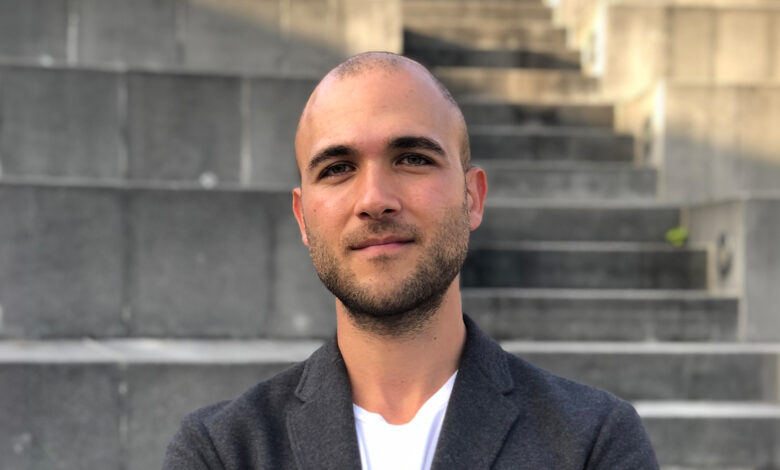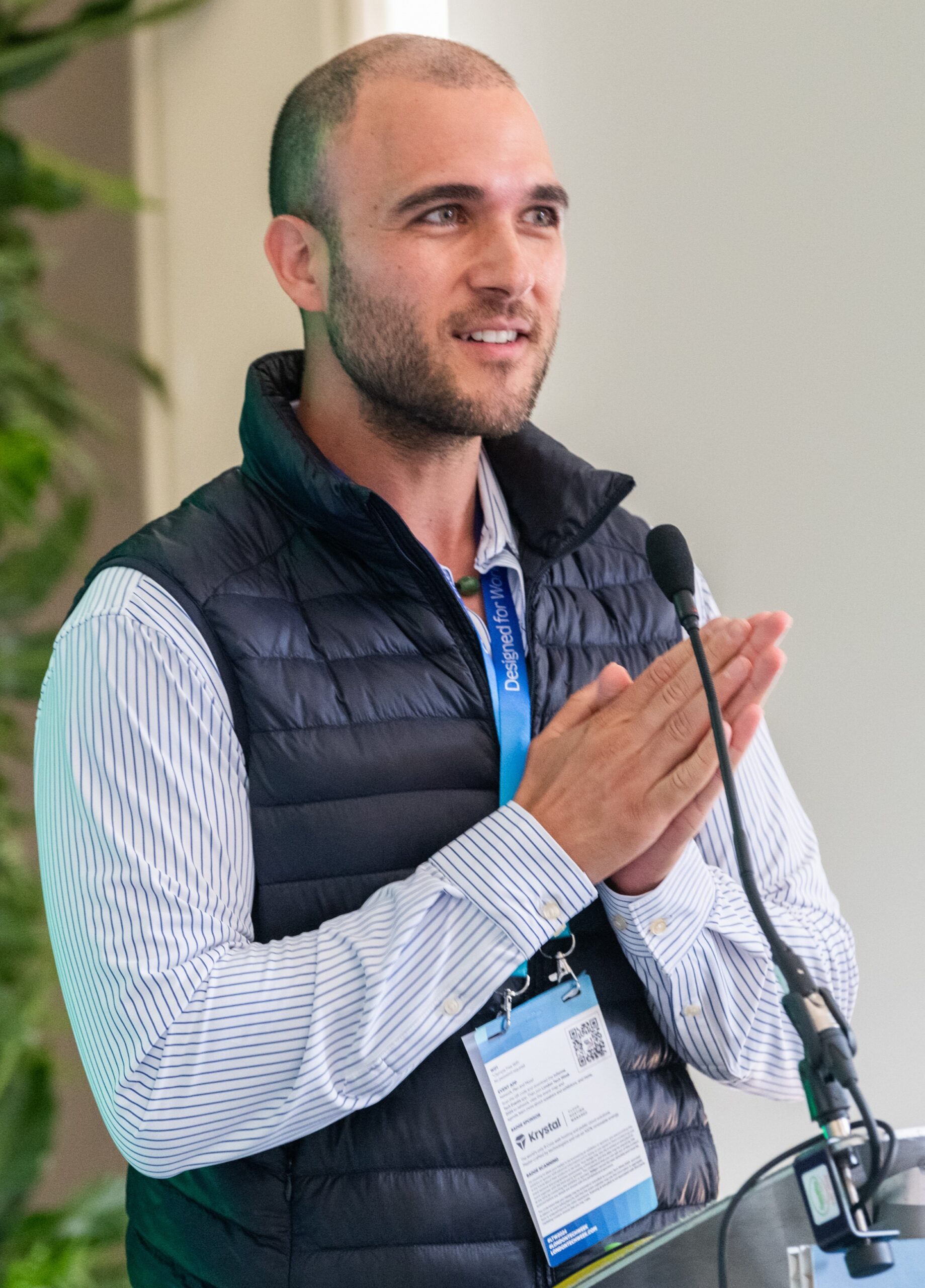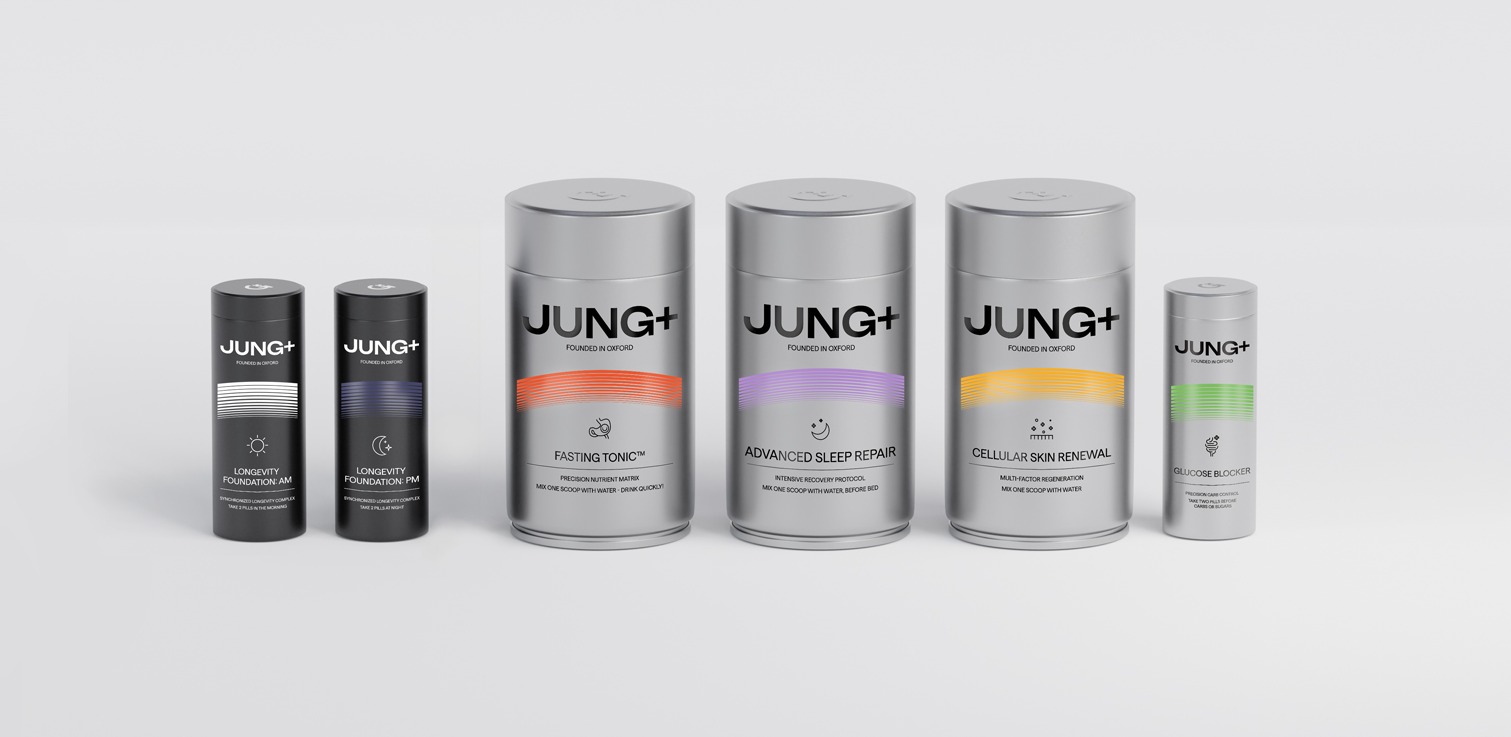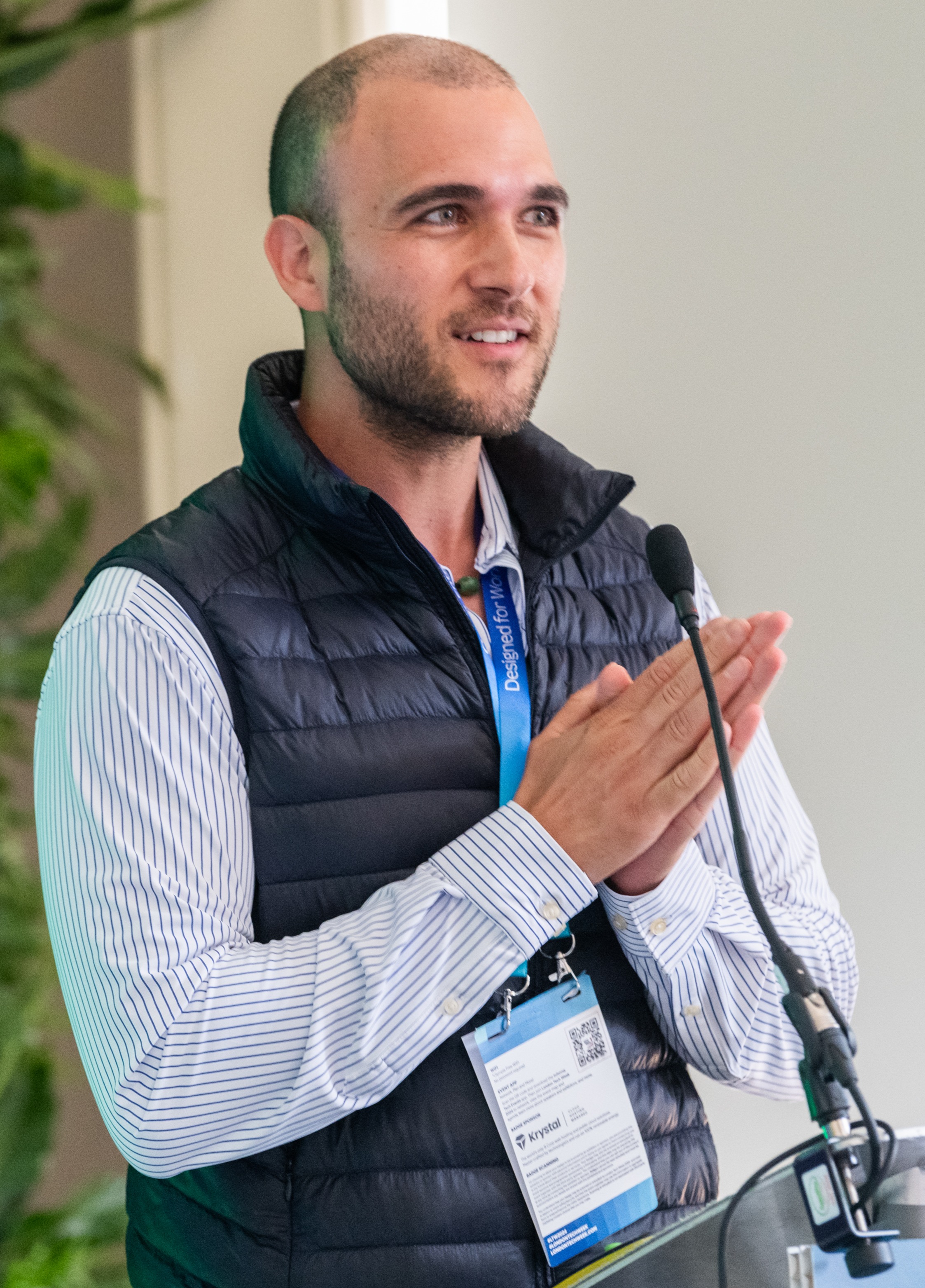I Age 31% Slower Than Average – My Biohacking Methods Are Making Me Look Younger





According to a man determined to turn back the hands of time, the biological clock doesn’t always have to tick.
As a biohacker, he says his aging process is 31% slower than the average person, but he doesn’t credit his success to skin care.
Simon Sakhaifounder Jung Longevity and former president of the Oxford Society of Aging and Longevity.
He explained that his biological age is 28, while his chronological age is 37.
“Biological age is a measure of how old my body is in terms of deterioration and how far it actually is from ‘dying’ – or mortality risk,” he told The US Sun.
“A biological age of 28 suggests that my body is in a much more youthful state than my chronological age.”
Sakhai explained how his aging process is proceeding at a rate of 0.68, compared to the average rate of aging.
“The rate of aging is a measure of how quickly my body is aging/deteriorating relative to time,” he said.
Sakhai’s body ages 31% slower than the average person.
“In other words, for every year I live, my body only ‘ages’ about 8.23 months,” he said.
SKINCARE SCAM?
Sakhai said he is not a fan of skin care products these days.
“There is a revolution happening in the skin care industry. Topical skin care is an outdated approach,” he said.
“The introduction of longevity science and a more integrated approach to health shows that skin health starts from within.
“And that most of what we put on our faces doesn’t always contribute to better skin health, but actually harms it.”
He added that major brands that once marketed topical skin care are now looking to internal options, i.e. supplements.
Sakhai also explained why applying serums, creams and the like is not enough.
“The skin organ has evolved over millions of years as a literal barrier to protect your internal organs from the outside world. It has not evolved to ‘absorb’ nutrients, which is what your stomach is for,” he said.
“Putting creams on your skin and hoping your body will absorb them is like playing music on your toes and expecting to hear it.”
He added that the molecules in most skin care products, including popular products like hyaluronic acid, are far too large to penetrate the skin and make a significant difference.
“If something is going to penetrate the skin, it has to be less than 500 daltons,” he said.
“While popular topical skin care ingredients, like hyaluronic acid, can range in size from 5,000 to 20,000,000 daltons.”
DIRECT RESULTS
Many people who use skin care products claim that they notice an immediate difference in their skin.
Sakhai warned that this could be because the substance remains in the pores, giving a slippery feeling.
“Most skin care products are obsessed with ‘moisture,’ partly because it’s something people can easily ‘see and feel,’” he said.
“The strategy of most topical skin care products is to clog the pores on the outside with molecules, so that moisture cannot escape.”
“The obvious problem here is that the skin needs a certain level of breathability, or to be able to breathe ‘on its own terms’.”
“Unfortunately, we know more about the surface of the moon than we do about the skin microbiome.”
Simon Sakhai
He added that while moisture may feel nice on the skin, it does not automatically have a positive effect on skin aging.
“Skin care companies would rather sell you something that you ‘feel’ works than something that is actually good for you that you might not feel on your face,” he said.
OVER THE MOON
Sakhai explained how the effects of the microscopic organisms that live on the skin are essential for a youthful complexion.
“We are beginning to discover that we actually have more ‘foreign’ cells in our bodies than human cells. And that these foreign cells are critical to our functioning and our health,” he said.
“The skin is no exception. On the skin lives a special ecosystem of bacteria with which we have co-evolved and with which we have a symbiotic, beneficial relationship.
“Unfortunately, we know more about the surface of the moon than we do about the skin microbiome.”
Sakhai said skin care products can potentially damage the barrier.
“When we apply topical products, serums, cleansers or acids, we radically alter the natural environment of this microbiome, which can inadvertently lead to skin deterioration and rapid aging.”
ESSENTIAL ORGAN
Sakhai added that not only is it important to care for the skin internally rather than topically, but it is also essential for overall health.
“Ultimately, skin isn’t just a nice to have. It’s the foundation of your immune system,” he said.
“Your body is bombarded with trillions of toxins and bacteria trying to invade your body and cause damage. If your skin is healthy, it can stop them.”
Sakhai said that weakening the skin from improper use of skin care products can lead to a range of health problems in the long term.
“When your skin is less healthy, it loses its ability to act as a barrier,” he added.
“This means that your body is constantly fighting these toxins, causing excessive damage to your body, chronic inflammation, and a host of health effects that accelerate the aging process in every organ throughout your body.”








